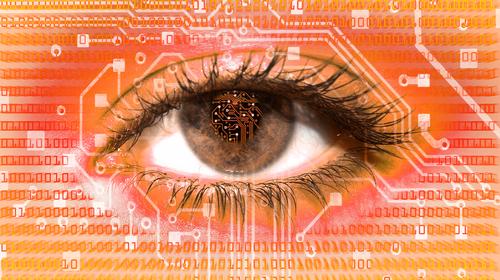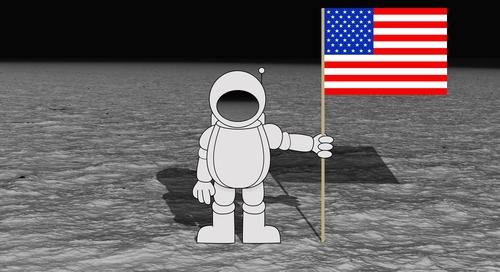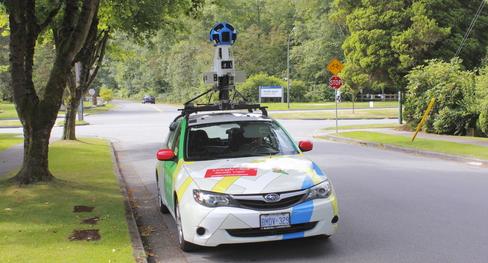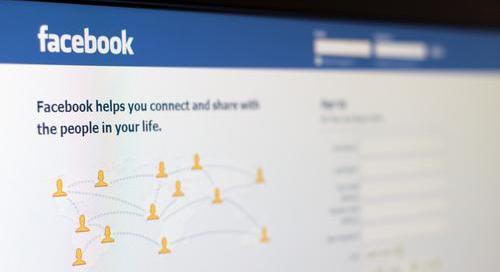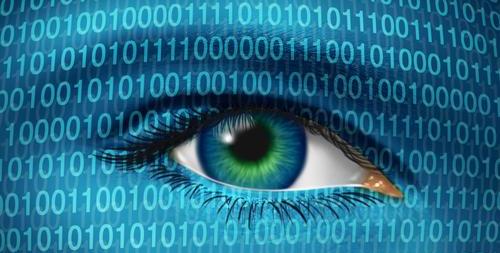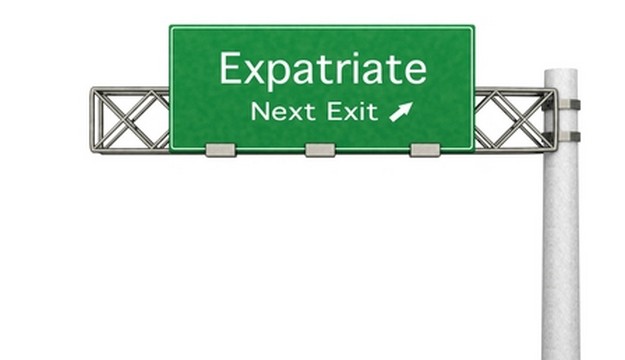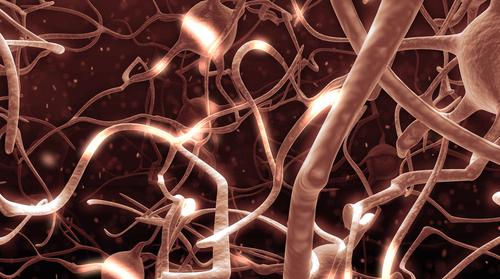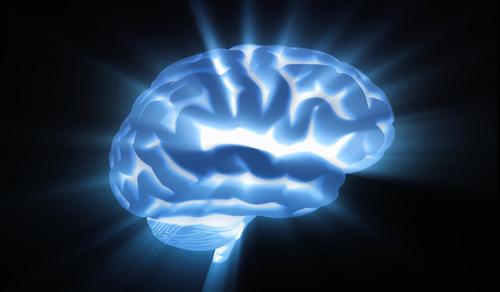Orion Jones
Managing Editor
Get smarter, faster, for success in the knowledge economy. Like us on https://t.co/6ZFWKpoKLi or visit https://t.co/d7r7dG2XOq
Thankfully, there is a kind of socially-beneficial narcissism. After all, following the rules is a good thing, and you follow the rules better than anyone else, don’t you, you special person!
Small groups of people have better ideas and get more done. Making sure meetings are populated only by people who have something to contribute is essential to good business.
Putting your adult needs first will help preserve your physical and mental longevity for those you care about most. Parents should be more attentive to how they feel and where they feel it.
Companies should go out of their way to hire new mothers because they are organized, they multitask, they have zero time to screw around and improve the culture of a workplace.
This year’s Pritzker Prize–the Nobel of the architecture world–has gone to a Chinese architect who delights in re-using material from failed government housing projects.
For the first time since Google appeared on the scene in 1998, search engines are undergoing a fundamental change by learning to operate more like the human brain.
A California company has developed new ‘microfluidics’ technology in which fluid sacs rise up like buttons from a flat touchscreen, then seemingly disappear on a user’s command.
By combining magnetic levitation train technology with vacuum-sealed tunnels, trains could reach speeds of 2,500 miles per hour, reducing trans-Atlantic journeys to just one hour.
A coming age of neural implants and super-prosthetics should easily augment the natural capacities of the human body. The benefits will go to the disabled first, making them super-human.
A novel mixture of hardware and software allows individuals to carry all their portable financial information in a specially designed phone case protected by fingerprinting technology.
Previously limited to explaining the behavior of subatomic particles, quantum mechanics may govern biological life and be selected for by evolution, says cosmologist Paul Davies.
With private companies announcing their intentions to mine the lunar surface and asteroids for precious minerals, legal questions have arisen over how far the concept of ownership can be applied.
The Department of Defense is handing down two telescopes it built for spying purposes. By retrofitting the hardware, NASA will be able to look for dark energy at the edges of the Universe.
Perhaps the world’s most fiercely original aerospace engineer, Rutan has pioneered beautifully designed aircraft that (successfully) go against the grain of conventional wisdom.
By measuring the planet’s atmosphere as light from the sun refracted against it, scientists will be better equipped to find and analyze the composition of planets outside our solar system.
The quantity of knowledge contained by humanity increases by about five billion bits per second, yet our poor understanding of how information systems work could spell disaster.
Google’s effort to map every street in the world has given the company troves of data it can use to create self-driving cars. Today, innovation means extracting data in novel ways.
As Facebook considers extending its membership circle to include pre-teens, one parent is resolved to keep her kids off the social network so they can establish friendships in the real world.
Industry and government are pushing back against commercial Internet tracking, but most consumers don’t mind the intrusion too much. In fact, many even appreciate the tracking.
As machines like drones and automobiles become more independent of their human operators, they will increasingly face moral dilemmas. Will they know right from wrong?
Reflecting on creating a start up while providing for a family of four, Eric Farkas has created a list of priorities that kept his business plans on track while honoring the more important things.
Today, the crisis in Europe has gotten worse for some countries; the recent U.S. employment rates are disappointing; China is looking strong, but will that last for long? Four years ago, countries were able to devise a plan to help prevent a global depression, so why not now?
A recent computer virus highlighted by cyber security is believed to be politically influenced for use against Iran. This new information leads cyber researchers to believe governments may possibly be headed into a cyber war.
When employers make salary strictly confidential it makes employees complicit in the equality of wages. For employees to discuss salary and wages with co-workers has always been something that was discouraged, if not formally forbidden.
The course of anti-semitism from ancient times to now has been written about and discussed, but the authors have come up short in one way or another. The true root of this 2,000-year-old history has yet to be truly contextual, comprehensive, detailed and analytical in a manner that is coherent.
The number of foreigners moving to China for work or school is growing each year. In 2010, more than 200,000 foreigners have been reported living there. But why does China keep expats under a microscope
When it comes to cancer, there may be more to fear than fear itself, but our negative emotions do have an adverse impact on our health, says risk analyst David Ropeik.
Neuroscientists at the Cold Spring Harbor Laboratory have published the first set of data which they collected by examining thin slices of a mouse’s brain to create a 3D diagram.
Anecdotal evidence has long associated genius with mental instability but new neurological research suggests there is a solid biological reason why psychosis inspires creativity.
A new medical device built by a Jerusalem-based company will go before the FDA soon for approval. Treatment involves wearing a helmet with strong magnets wired to electricity.








